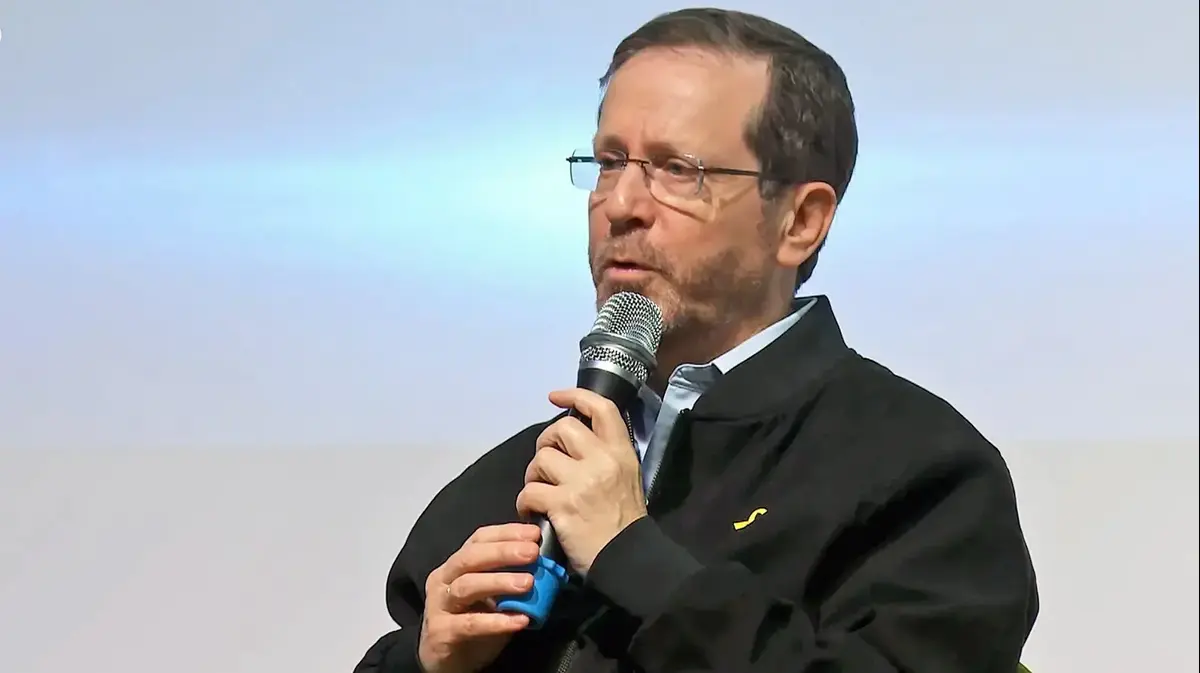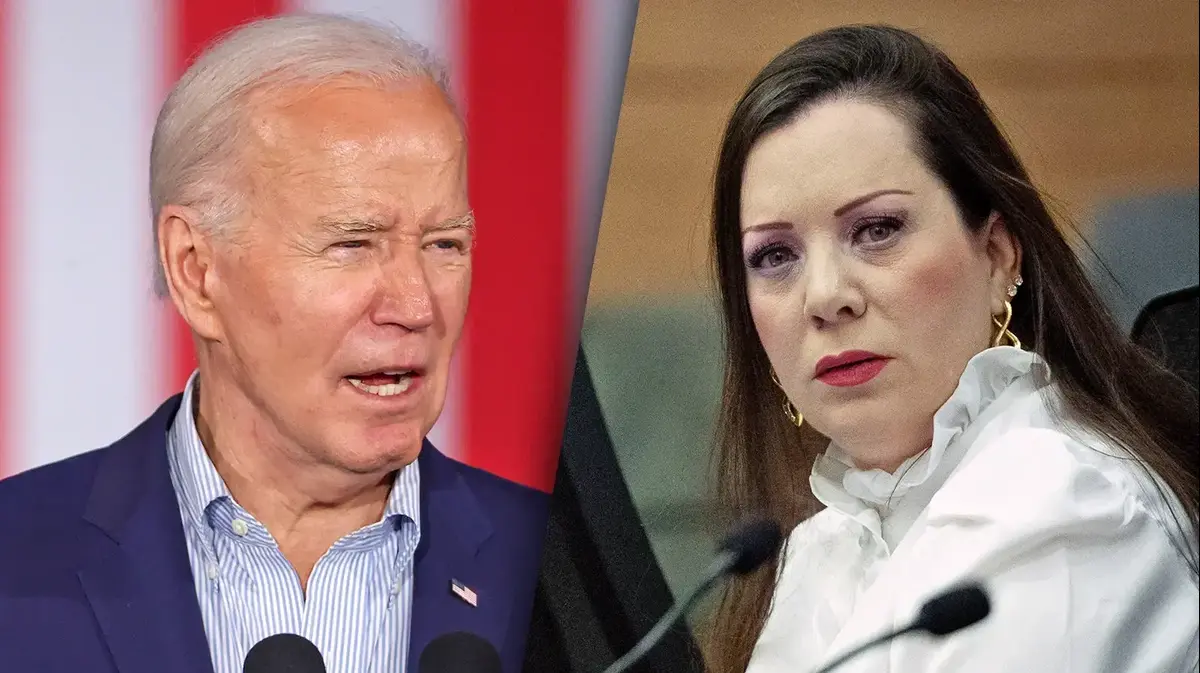Netanyahu (Photo: Reuven Castro)
Many times in our daily lives halachic questions arise and topical doubts arise.
Rabbi Shai Tahan, head of the Sha'ari Ezra community and head of Beit Erzi HaLebanon, makes the laws accessible to us and answers questions asked in the Beit Midrash and outside of it.
And this week: Did prime minister-designate Netanyahu behave properly when he told the president of the country "I'm up to it"?
Question
:
Hello, Your Honor.
Last week Prime Minister-designate Binyamin Netanyahu finally picked up the phone to the President of the country after the formation of the government, and said the long-awaited sentence: "It's up to me", and although I was happy to hear the news, I felt a little 'sourness' that he had to use such pretentious words.
Wouldn't it be better to avoid taking credit and instead hang the success on the Creator of the world?
That is to say, in my opinion, instead of saying 'it was in my power', he should have said that the Holy One, blessed be He, justified me and it was in my power to establish a government.
That's why I wanted the rabbi's take on the subject.
Answer
:
After I read your question at first glance, I thought that you were indeed right, for this is what Rabbi Yona wrote in his important book Sha'arei Tshuva (Shear 3:90) that a person should not depend on his talents or his actions, but rather know and acknowledge that everything comes from Him, blessed be He, and this is his language there: O Lord, I will sanctify them before you, saying, "In my righteousness, O Lord, bring me to inherit this land" (Deuteronomy 9:4).
We were warned that we should not think in our souls that our success was due to our righteousness and the honesty of our hearts, but let us believe and know with our hearts that our success was due to the grace of the Most High and His great goodness, and as to what our father Jacob, peace be upon him, said (Genesis Lev, 10): "I have fallen short of all graces and of all truth. So far are the words of our Rabbi Jonah, and we learn from his words A person should not depend on his actions and even his spiritual rights for his success.
Likewise, the Torah's warning that a person should not say, "And you said in your heart, as long as I live and with my right hand, make me this bravery, and you remembered the Lord your God, because it is he who gave you the strength to do bravery" (Deuteronomy 8:17) and the early writers wrote that even the thought of buying property is not due to him, but they come Entirely from the Creator, blessed be He, and as the language of the translation of Unklos: "And set your heart in thine heart, and set my hand upon me, and buy me the land of the afflicted, and let the Lord be strong, and he will give thee a place to dwell in."
But after clarifying, I saw that it was not like the outgoing Prime Minister who last year said the pretentious words "Ala Bidi" alone, rather Prime Minister-designate Binyamin Netanyahu adopted the language of humility and modesty and said the following language: "Thanks to the tremendous public support we received in the elections, I have a Baali," and attributed his success in the choice of the people and not in their talents, and we found that our late sages praised this and said about such language in the Gemara (Barchot 10:2): Rabbi Yochanan said on behalf of Rabbi Yossi ben Zamra: Everyone who worships by his own merits shall pray for him by virtue of others, and whoever worships by the merits of others shall pray for him by his own merits Moses hanged on the merit of others as it is said: Remember Abraham, Isaac and Israel your servants, hang on him on his own merit as it is said: "And he said to destroy them, had it not been that Moses had chosen to stand in the breach before him to return his anger from the destruction." To him by virtue of others, as it is said: "And I condemned this city for salvation for my sake and for the sake of David my servant."
Here before us, it is right to depend on others, and therefore the language used by the Prime Minister is indeed appropriate.
However, here one must distinguish the fine division in Rabbi Yona's words according to the Gemara we cited, Rabbi Yona spoke about the feeling of the heart, and said that a person must know that his successes come from the Creator and learned this from the verse "Do not say in your heart" which spoke about the feeling of the heart and therefore explained in his words that the responsibility is between a person and himself, and as who wrote: "Let us not think in our souls that our success is due to our righteousness and the honesty of our hearts, but let us believe and know with our hearts that our success is due to the grace of the Most High and His great goodness", but the Gemara spoke in a different way about a person who prays to the Holy One, blessed be He, and in this the Gemara said that he will depend on others, and therefore in his conversation with the Creator of the world he will depend on the merit of others .
And in fact the prime minister did the right thing, but it would be better if he thanked the Creator of the world as our sages said about the righteous Joseph who always spoke the name of heaven in his mouth for all his success (Rashi Genesis 10:3).
And hence it is also necessary to comment on the folk song (which does not originate from the words of our sages) that attributed the miracle of Hanukkah to the heroism of the Maccabees and thus the words of the song: The days of Hanukkah, the dedication of our temple, in age and joy fill our hearts, night and day our circles will turn, donuts we eat in them for the most part.
They lit many Hanukkah candles.
About the miracles and wonders that the Maccabees wrought.
The victory of the Maccabees was counted, sung, over the enemies then their hand because Jerusalem prevailed and returned to life with the people of Israel did its resourcefulness.
And here it is clear that the poet based his words as a source on the addition that we add in the prayer and the blessing of the food in this language: on the miracles and on the Purkan and on the heroics and on the prayers and on the wonders and on the consolations that you did for our ancestors in those days at this time
.
And every reader will immediately notice that our sages attributed the deeds to the Holy One, blessed be He, and praised the Creator for the miracles He did for our ancestors in those days at this time and not during the Hasmoneans, and therefore the Yeshiva boys did well, according to what I saw, to change the language of the song to say "On the miracles and the wonders that God wrought for the Maccabees"
and also We will see and take the moral to hang our success and skill on the Creator alone and not on ourselves.
Judaism
news
Tags
Judaism









